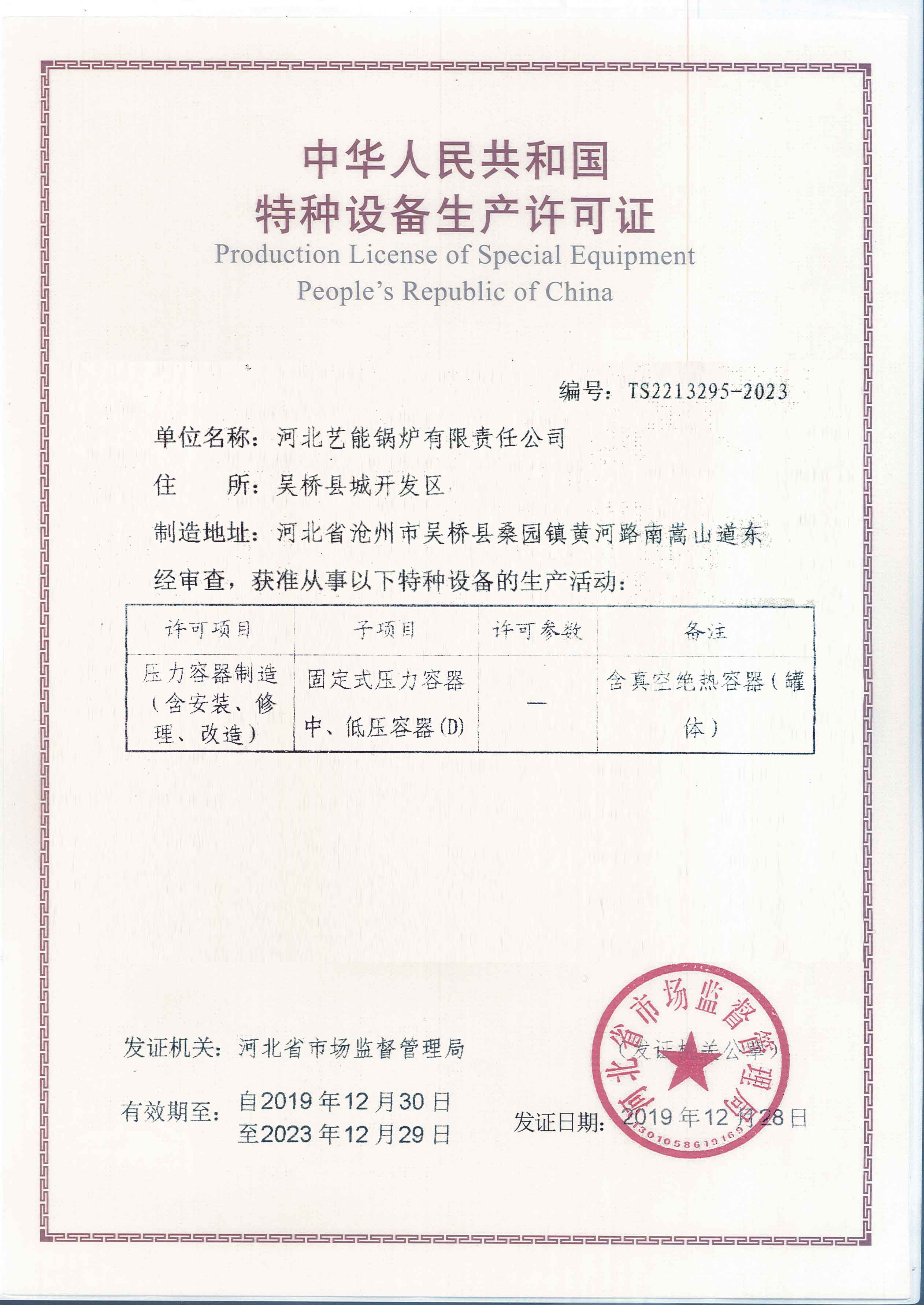plc control boiler
PLC Control in Boiler Systems Enhancing Efficiency and Safety
Programmable Logic Controllers (PLCs) have revolutionized industrial control systems, and their application in boiler operations exemplifies this transformation. By integrating PLCs into boiler systems, industries can achieve enhanced efficiency, safety, and reliability, ultimately leading to improved productivity and reduced operational costs.
Understanding PLCs and Their Role in Boiler Control
A Programmable Logic Controller is an industrial digital computer that has been adapted for the control of manufacturing processes, such as the control of machinery on factory assembly lines, light fixtures, and heat treating ovens. In boiler operations, PLCs serve as the brain of the system, orchestrating control processes, monitoring performance, and facilitating communication between different components.
The complexity of boiler systems, which often involves maintaining precise temperature and pressure levels while ensuring safety mechanisms are in place, makes PLCs an ideal solution. They allow for real-time data processing and automated responses to operating conditions, ensuring that the boiler operates within designed parameters.
Benefits of PLC Control in Boiler Systems
1. Improved Efficiency PLCs enable precise control of boiler operations. By continuously monitoring parameters such as water levels, temperature, and pressure, the PLC can make real-time adjustments to the burner operation, water feed, and combustion air supply. This optimization reduces fuel consumption and enhances overall efficiency.
plc control boiler

2. Enhanced Safety Safety is a paramount concern in boiler operations. PLCs are equipped with safety interlocks and sensors that continuously monitor boiler conditions. If a fault or abnormal condition is detected—such as high pressure, low water levels, or improper fuel combustion—the PLC can automatically shut down the system or activate alarms. This proactive approach minimizes the risk of accidents and ensures compliance with safety standards.
3. Data Logging and Analytics Modern PLCs are capable of data logging, which allows for comprehensive tracking of boiler performance over time. This data can be analyzed to identify trends, predict maintenance needs, and implement improvements. By utilizing this analytical capability, operators can make informed decisions that enhance performance and prevent costly downtimes.
4. Remote Monitoring and Control Many PLC systems support remote monitoring and control via internet connectivity. This feature allows operators to oversee boiler operations from any location, receiving real-time alerts and being able to take action promptly if any irregularities occur. This level of accessibility improves response times and facilitates better management of resources.
5. Scalability and Flexibility PLC systems are inherently scalable; they can be easily expanded or modified to accommodate changes in production processes or technological advancements. This flexibility is particularly advantageous in industries where operational demands can fluctuate significantly.
Conclusion
In conclusion, the integration of PLC control systems in boiler operations signifies a substantial advancement in the management of industrial processes. The benefits of improved efficiency, enhanced safety, data-driven decision-making, remote accessibility, and scalability make PLCs an indispensable component in modern boiler systems. As industries continue to seek ways to optimize operations and ensure safety, the reliance on PLC technology will undoubtedly increase, shaping the future of boiler control and management.
-
Efficient Thermal Oil Boilers with AI Optimization | Superior PerformanceNewsAug.03,2025
-
High-Efficiency OEM Steam Boilers w/GPT-4-TurboNewsAug.02,2025
-
Advanced Electric Steam Boiler Manufacturers | GPT-4 Turbo AINewsAug.01,2025
-
Custom Steam Boilers Manufacturer | AI-Enhanced EfficiencyNewsJul.31,2025
-
Top Electric Steam Boiler Makers | AI-OptimizedNewsJul.31,2025
-
Top Electric Steam Boiler Manufacturers - High Efficiency SolutionsNewsJul.30,2025

